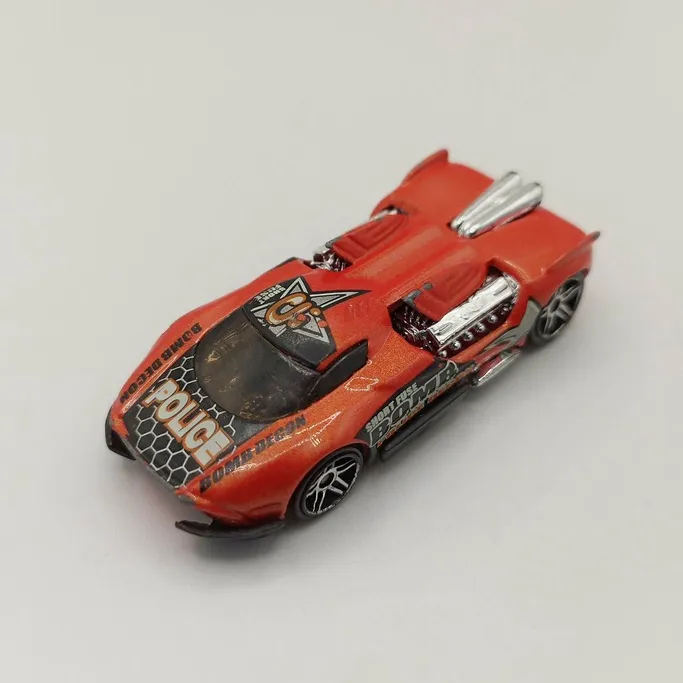The Allure of Japan Diecast Cars
Japan diecast cars hold a special place in the hearts of collectors worldwide, admired for their exceptional quality, intricate detailing, and the rich history they represent. These miniature marvels are more than just toys; they are miniature works of art that capture the essence of automotive history and design. The Japanese dedication to perfection is evident in every model, from the selection of materials to the final assembly. The industry’s evolution mirrors Japan’s own rise as a global leader in manufacturing and technology, making these diecast cars not just collectibles, but also symbols of a nation’s enduring commitment to quality and innovation. The allure stems from a combination of factors, including the craftsmanship, the rarity of certain models, the iconic brands, and the vibrant collecting community that surrounds them.
Secret 1 Meticulous Craftsmanship
The first secret behind the appeal of Japan diecast cars is the unparalleled level of craftsmanship. Japanese manufacturers are renowned for their attention to detail, ensuring that each model accurately reflects the original vehicle’s design. The process involves numerous steps, from the initial design and prototyping to the final painting and assembly. This dedication results in models that are not only accurate in their representation but also durable and aesthetically pleasing. The use of high-quality materials and advanced manufacturing techniques ensures that these diecast cars can withstand the test of time, retaining their value and beauty for generations to come. The meticulous approach is a cornerstone of their appeal, setting them apart in a competitive market.
Detailing Process in Japan
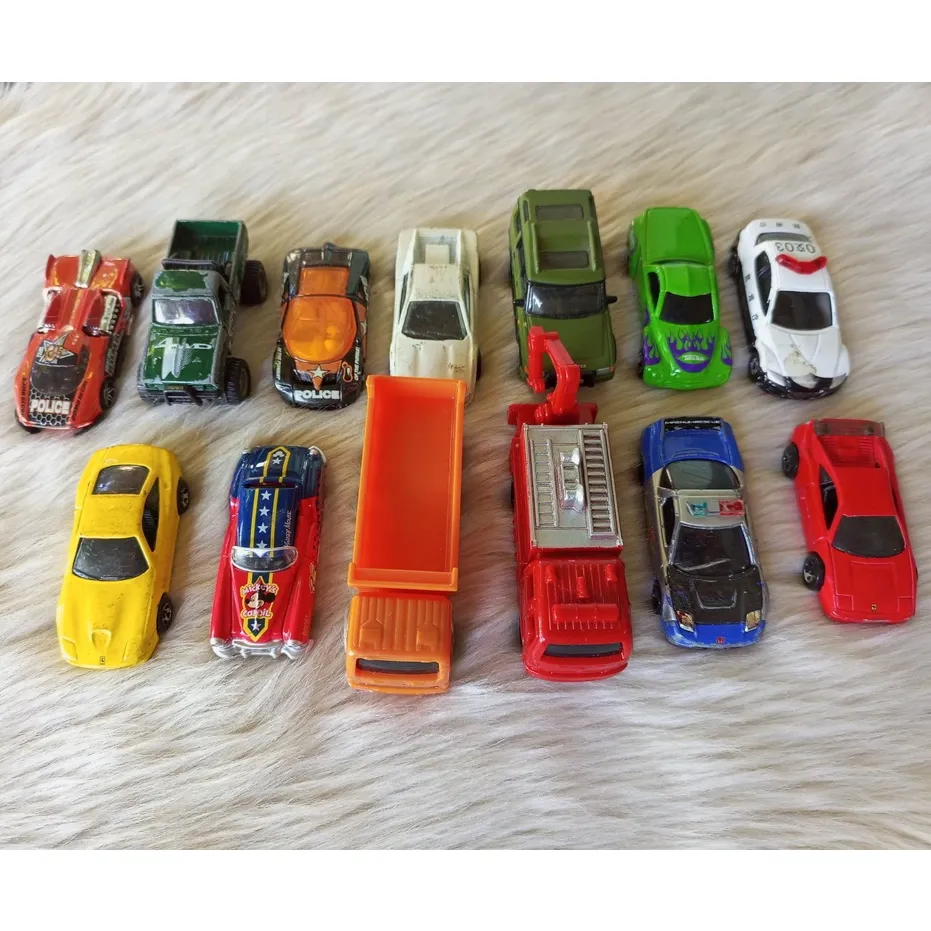
The detailing process in Japan is a complex undertaking, encompassing multiple stages designed to replicate every aspect of a full-size car. It begins with detailed CAD designs, followed by the creation of molds and prototypes. Skilled artisans then meticulously paint and assemble the models, paying close attention to details such as the interior, engine components, and exterior features. Many models incorporate photo-etched parts, such as grilles and emblems, to further enhance realism. The process often involves hand-finishing and quality control checks at each stage to ensure that the final product meets the highest standards. This commitment to precision results in diecast cars that are incredibly realistic and highly sought after by collectors around the globe. Every aspect, from the instrument panel to the stitching on the seats, is carefully considered.
Materials Used for Craftsmanship
The materials employed in crafting Japan diecast cars play a crucial role in their quality and longevity. High-quality diecast metal alloys form the foundation, providing the weight and durability necessary for a premium feel. Plastics and rubbers are used for interior details, tires, and other components, with careful selection based on their performance and appearance. Paints are chosen for their vibrancy, durability, and ability to replicate original car colors accurately. The combination of these materials, along with the precise application methods, contributes to the overall realism and collectability of the models. The manufacturers continuously research and adopt new materials and techniques, maintaining their position at the forefront of diecast car production.
Secret 2 Limited Edition Models
Another key factor contributing to the appeal of Japan diecast cars is the availability of limited-edition models. These special releases are often produced in small quantities, making them highly sought after by collectors. Limited editions frequently feature unique paint schemes, exclusive details, or special packaging, adding to their desirability. These models can significantly increase in value over time, turning them into valuable investments. The allure of owning a rare piece, coupled with the often stunning designs, makes these limited editions a cornerstone of the diecast car collecting world. They symbolize prestige and exclusivity, adding another layer of excitement for collectors.
Why Limited Editions are Valuable
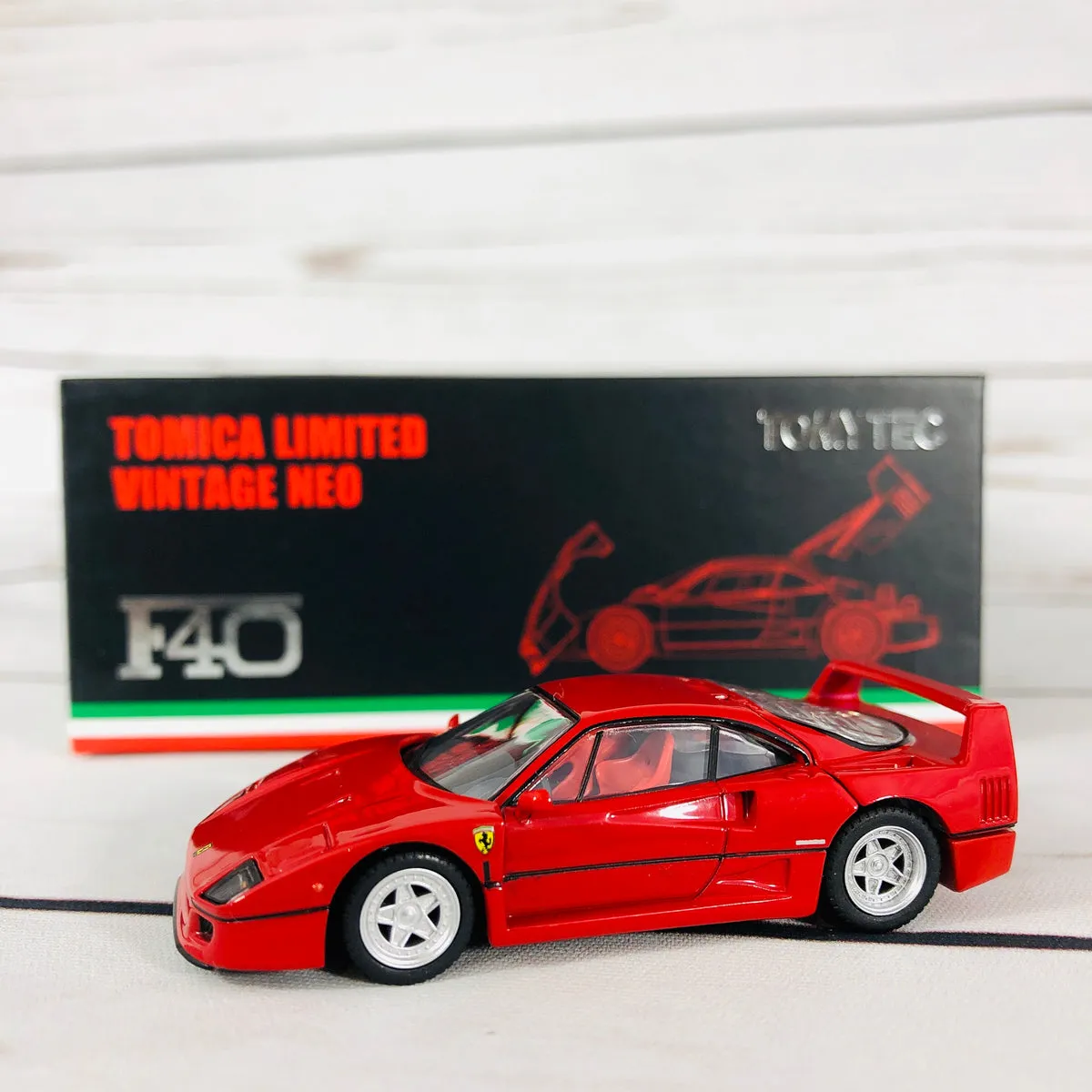
Limited-edition Japan diecast cars are valuable due to their scarcity and the high demand from collectors. The limited production runs ensure that not everyone can obtain them, driving up prices in the secondary market. Many collectors seek these models to complete their collections or as investments. The exclusivity of a limited edition is often enhanced by unique features, such as special paint jobs, specific detailing, and often, signed certificates of authenticity. The careful selection of these editions by collectors and the finite supply create a competitive market where rarity translates directly into value. The investment potential combined with the aesthetic beauty solidifies their status as prized possessions.
How to Identify Limited Editions
Identifying limited-edition Japan diecast cars requires attention to detail and familiarity with the manufacturer’s practices. Key indicators include a serial number or a limited production number stamped on the packaging or the car itself. Special edition boxes, certificates of authenticity, and unique features like exclusive color schemes are also common signs. Researching the model and its release details online is critical. Collector forums and websites often provide information about limited editions, including production numbers and identifying marks. Collectors should compare the model with reference images to check for any distinctive features that differentiate it from standard versions. Knowing the market and trusted sources will help distinguish genuine limited editions from imitations.
Secret 3 Iconic Japanese Brands
Iconic Japanese brands play a huge role in the diecast car market, as their reputation for quality and innovation draws enthusiasts. These brands have cultivated strong reputations through their dedication to meticulous craftsmanship, innovative designs, and the accurate representation of real-world vehicles. These brands are not just names; they represent a legacy of excellence in the diecast industry. Their models capture the essence of automotive history and design, often featuring the most popular and sought-after cars in the world. The commitment to detail and authenticity by these brands provides the foundation for the collecting community.
Popular Japanese Diecast Brands
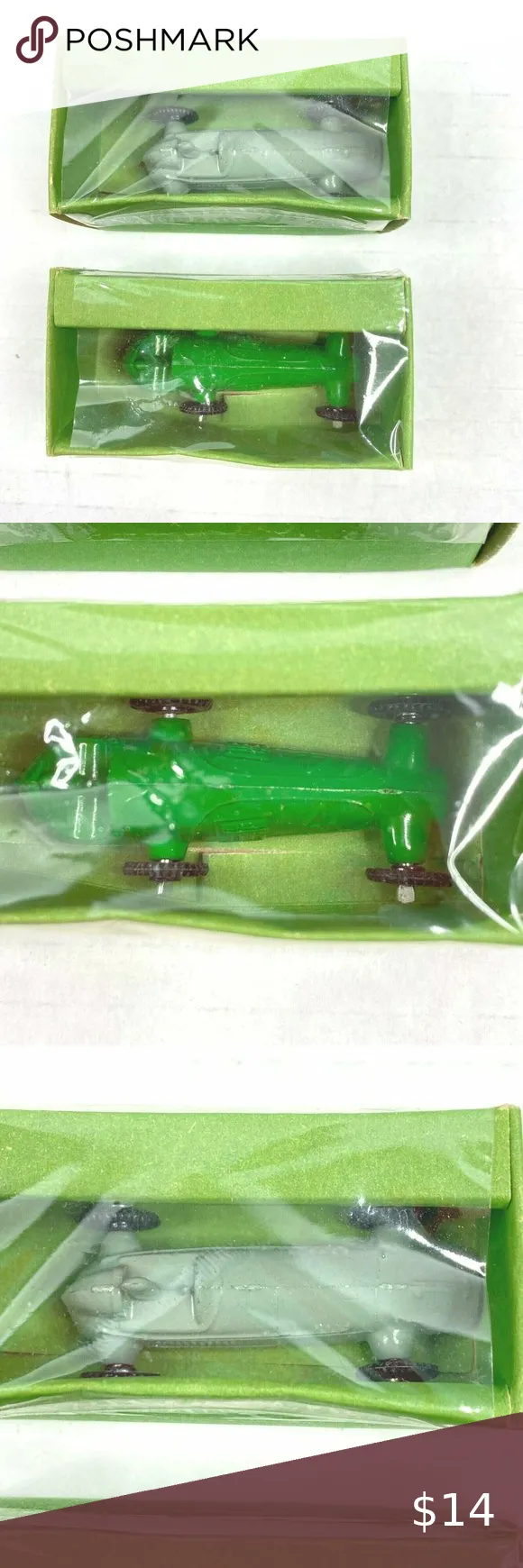
Several Japanese brands have become synonymous with high-quality diecast cars. Brands such as Tomica, Kyosho, and Autoart are incredibly popular. Tomica is well-known for its affordable and diverse range, catering to a wide audience. Kyosho is appreciated for its precision and intricate detailing, often recreating high-end sports cars. Autoart produces detailed and premium models, which appeal to serious collectors. Other brands like Tamiya, known for its model kits, also offer diecast cars. These brands continuously introduce new models and variations, maintaining their appeal and keeping the collecting hobby vibrant. Each brand has its specific strengths, appealing to different tastes and interests within the collecting community.
Brand History and Significance
The history of these Japanese diecast brands is rich with innovation and a commitment to excellence. Many started in the mid-20th century, coinciding with Japan’s rise in manufacturing. These brands focused on creating high-quality, detailed models that accurately represented real-life vehicles. They quickly gained popularity both in Japan and internationally, establishing themselves as leaders in the diecast car industry. The significance of each brand extends beyond just the products; it’s about the craftsmanship, the cultural impact, and the lasting legacy. These brands have contributed to the evolution of the diecast car hobby and helped define what collectors appreciate. Their ongoing commitment to quality ensures that the legacy continues.
Secret 4 The Culture of Collecting
The culture surrounding Japan diecast cars is a vital component of their appeal. Collecting these miniature models is more than just a hobby; it’s a passionate pursuit shared by enthusiasts worldwide. Collectors often form communities, exchanging knowledge, and sharing their passion. This vibrant culture includes clubs, online forums, and dedicated events where collectors can showcase their prized models, discuss their favorite brands, and trade with fellow enthusiasts. The social aspect of collecting enhances the overall experience, creating a sense of belonging and shared enthusiasm for these detailed miniature vehicles. The culture is continually evolving, encompassing both the traditional and contemporary aspects of collecting.
Collecting Clubs and Communities
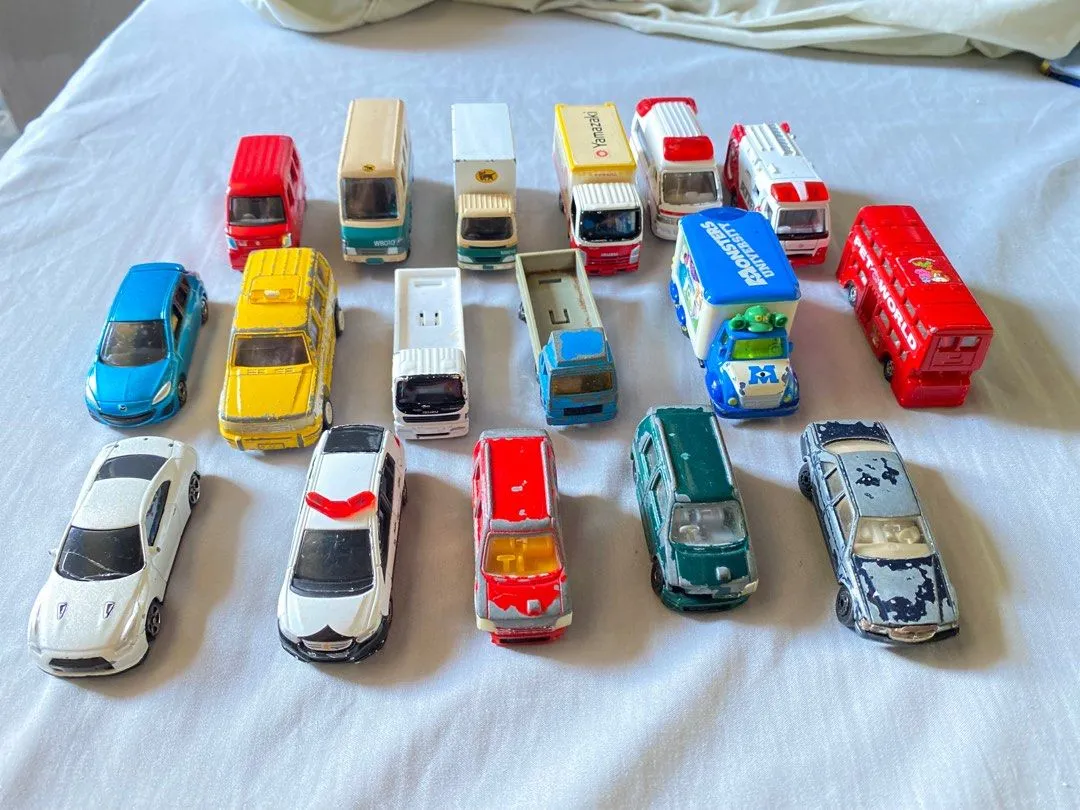
Collecting clubs and online communities are essential parts of the diecast car hobby, providing collectors with opportunities to connect with each other. These groups provide a space to share knowledge, exchange models, and build friendships. Local clubs often host meetups, where members can display their collections, participate in competitions, and discuss the latest releases. Online forums and social media groups allow enthusiasts from around the world to interact. These platforms provide access to information, allowing collectors to learn about rare models, buying tips, and the history of various brands. These communities often organize events, such as model shows and swap meets, fostering a sense of camaraderie and shared passion for diecast cars.
Tips for Building a Collection
Building a diecast car collection can be a rewarding experience. Start by deciding on a focus, such as a specific brand, type of car, or era. Researching models and understanding their value is important. Set a budget and stick to it to prevent overspending. Join collecting clubs and online communities to learn from experienced collectors. Visit model shows and swap meets to find unique pieces. Maintain the models carefully, storing them in a dust-free environment. Consider purchasing display cases to showcase the collection. Document the collection by cataloging the models with photos and details. Collecting should be enjoyable, so focus on collecting what you love, and build a collection that reflects your passion and personality.
Secret 5 The Future of Japanese Diecast Cars
The future of Japan diecast cars looks bright, with advancements in technology and a growing interest in collecting. Manufacturers are constantly innovating, using new materials and techniques to enhance the realism and quality of their models. The industry is adapting to new trends, embracing electric vehicles, and incorporating sustainable practices. The increased global interest in collecting and the rising demand for high-quality models ensures that the industry will continue to thrive. Digital technologies will also influence the hobby, with virtual showrooms and online platforms providing new ways for collectors to interact and share their passion. Sustainability and innovation are becoming more important, shaping the way that manufacturers design, produce, and market their products.
Innovations in Diecast Technology
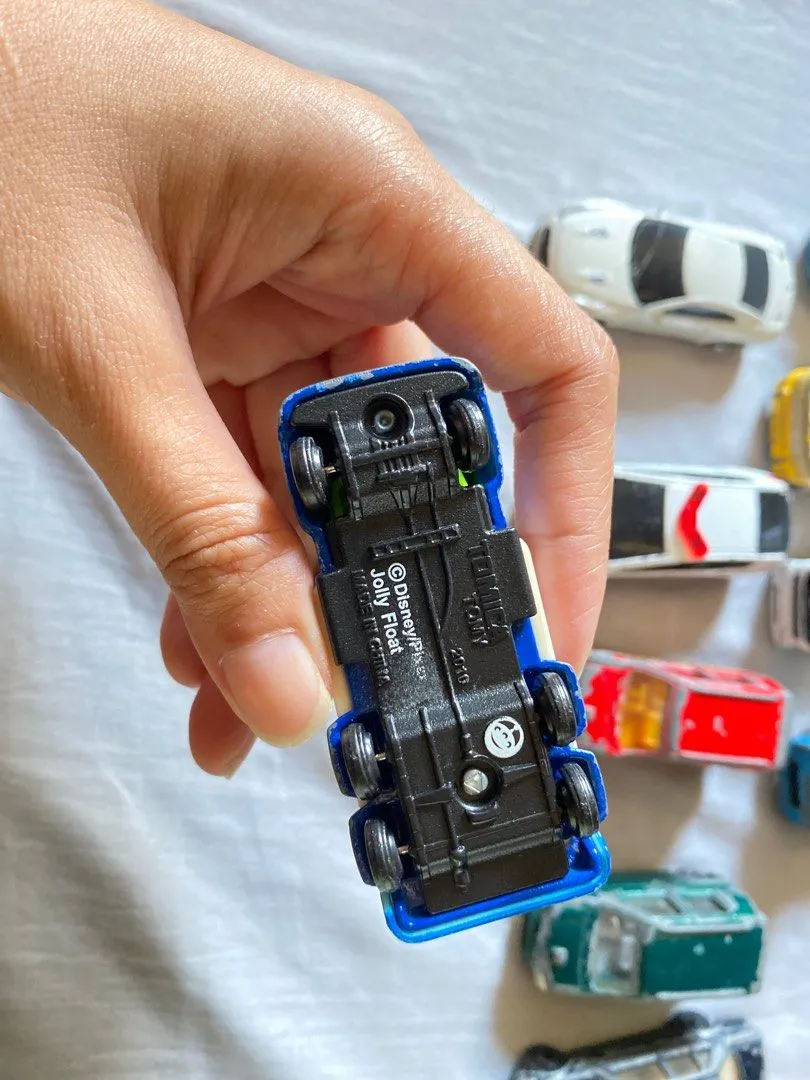
Innovations in diecast technology are driving the evolution of Japan diecast cars. Advancements in 3D modeling and printing allow for more detailed and accurate designs, as well as quicker prototyping. Manufacturers are using improved diecasting techniques to achieve finer details and more complex shapes. The use of new materials, like advanced polymers, increases the durability and realism of the models. Electronics are also being incorporated, with some models now featuring working lights, sounds, and even remote-control capabilities. These technological advances are enhancing the collector’s experience. This commitment to technology ensures that Japan diecast cars remain at the forefront of the hobby.
Sustainability in Manufacturing
Sustainability is becoming an important focus for manufacturers of Japan diecast cars. Companies are exploring the use of eco-friendly materials, such as recycled metals and sustainable plastics. Reducing waste and energy consumption during the production process is also a priority. Sustainable packaging is being developed to minimize environmental impact. Consumers increasingly appreciate brands that are committed to environmental responsibility. By adopting sustainable practices, manufacturers ensure that the hobby is environmentally friendly and minimizes the impact on the planet. The focus on sustainability is essential for the long-term health of the industry and appeals to a growing environmentally conscious consumer base.
